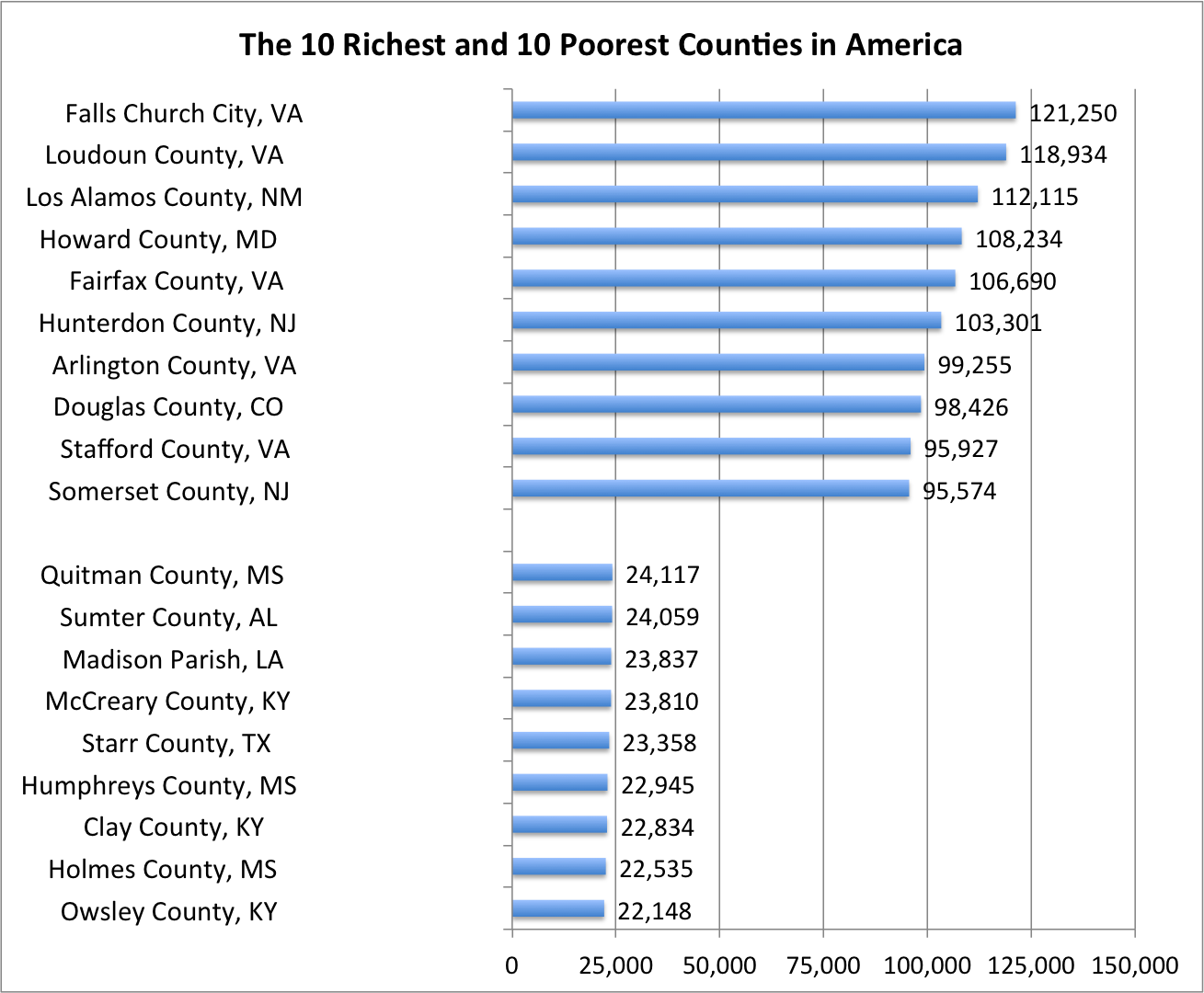How Innovation Keeps Proving the Catastrophists Wrong
Albuquerque Luncheon Presentation
Click here for event registration form!
Join the Rio Grande Foundation at this Albuquerque luncheon event on December 9th featuring Robert Bryce, author of the book Smaller Faster Lighter Denser Cheaper: How Innovation Keeps Proving the Catastrophists Wrong.

The book shows how innovation and the inexorable human desire to make things smaller, faster, lighter, denser and cheaper is providing consumers with cheaper and more abundant energy, faster computing, lighter vehicles, and a myriad of other goods.
Robert Bryce will be speaking on the myriad ways in which improved technology applied to traditional energy sources are making our world a better place at dual events in Albuquerque and Farmington, New Mexico, on Tuesday, December 9, 2014.
Bryce will be speaking at a luncheon in Albuquerque from noon to 1:00pm at the Marriott Pyramid which is located at I-25 and Paseo del Norte.
Albuquerque luncheon seats are available for $40 per person if purchased before December 1. Tickets purchased on December 1 or after are $50. Call 505-264-6090 to ask about sponsorship or availability of tables of eight.

Robert Bryce has been a professional journalist for nearly three decades. His articles have appeared in dozens of publications including the Wall Street Journal, New York Times, National Review, Washington Post, American Conservative, and Counterpunch. His first book, Pipe Dreams: Greed, Ego, and the Death of Enron, received rave reviews and was named one of the best non-fiction books of 2002 by Publishers Weekly.
His second book, Cronies: Oil, the Bushes, and the Rise of Texas, America’s Superstate, was published in 2004. His third book, Gusher of Lies: The Dangerous Delusions of “Energy Independence”, published in March 2008, was favorably reviewed by more than 20 media outlets. A review of Gusher by William Grimes of the New York Times said that Bryce “reveals himself in the end as something of a visionary and perhaps even a revolutionary.”
In 2010, Bryce published Power Hungry: The Myths of “Green” Energy, and the Real Fuels of the Future. In a review of Power Hungry in the Wall Street Journal, Trevor Butterworth called the book “unsentimental, unsparing, and impassioned; and if you’ll excuse the pun, it is precisely the kind of journalism we need to hold truth to power.”
Smaller Faster Lighter Denser Cheaper: How Innovation Keeps Proving the Catastrophists Wrong was published on May 13, 2014. The book is an optimistic one. It shows how innovation and the inexorable human desire to make things Smaller Faster Lighter Denser Cheaper is providing consumers with Cheaper and more abundant energy, Faster computing, Lighter vehicles, and myriad other goods. That same desire is fostering unprecedented prosperity, greater liberty, and yes, better environmental protection.
A review in the New York Times said that Smaller Faster Lighter Denser Cheaper is a “book well worth reading.” While the Wall Street Journal called it an “engrossing survey.”
Bryce, who has been writing about the energy business since 1989, spent 12 years writing for the Austin Chronicle. From 2006 to September 2010, he worked as the managing editor of the Houston-based online publication, Energy Tribune. In April 2010, he joined the Manhattan Institute as a senior fellow in the think tank’s Center for Energy Policy and the Environment.
Bryce has appeared on dozens of TV and radio shows that have aired on variety of outlets including the BBC, MSNBC, Fox Business, CNN, PBS, and NPR.
An apiarist, he lives in Austin, Texas with his wife, Lorin, and their three children, Mary, Michael, and Jacob.
Click here for event registration form!









